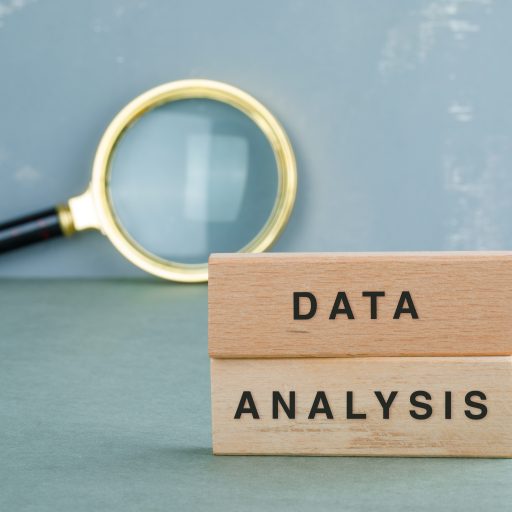
How Big Data transforms your company
Share:
An effective marketing strategy has two main ingredients: Big Data and customer experience. First, experience is key because every customer interaction with your brand is important for your company, from when they enter your website until they end up buying. Because it is the accumulation of good experiences that will make your customer recommend you and end up repeating. On the other hand, Big Data is fundamental because it is what will help you to know your client in depth to improve their experience.
In today’s article we tell you how to use Big Data to improve your digital marketing strategy. Don’t miss it.
What is Big Data and why it is important
The term Big Data refers to the large data sets that companies store. Every time a person surfs the internet, they leave a digital footprint: clicks, searches, interactions on social networks, purchases. It is estimated that 1.7 MB of information is generated per second, so not taking advantage of this would be a waste of time. It is this digital footprint that companies use to create profiles as consumers and understand their needs.
In summary, Big Data analysis allows companies to reveal patterns, trends and associations in human behaviour and their interactions. So all this consists of something beyond simply collecting data, but the crucial thing is to transform them into useful knowledge and information. By doing this, the uses that the Big Data analysis has in companies in the field of marketing are not few:
- Segmentation. It allows a detailed analysis of the clients, being able to create subgroups within markets based on specific preferences and behaviours.
- Improved targeting. Knowing customers in more depth allows creating and directing ads more effectively, which also increases the relevance and conversion rates.
- Predictive models. The combination of Big Data with Machine Learning allows us to anticipate market trends and consumption patterns, which can bring great benefits to companies and anticipate customers' needs.
- Pricing. Another advantage of using Big Data analysis is that it allows adjusting prices based on the willingness to pay of each segment, which maximizes revenue. This is also widely used in sectors such as tourism, where prices fluctuate greatly depending on demand and competition.
- Customer understanding. In general, studying the data and information about the client allows knowing them better and improving your connection with them, as well as providing a more effective customer experience.
- Product and service development. On the other hand, knowing your customers also allows you to know how they feel when using what you offer them. That is, you can use feedback to make improvements to your product or service.
As it is no surprise, the effective implementation of Big Data translates into a series of tangible benefits that directly impact the profitability and sustainability of your company; it improves decision making, increases efficiency and ROI, provides adaptability, introduces innovation in products and services of companies, improves customer experience and represents a competitive advantage.
So that you can easily understand the use that can be made of this data, we tell you an example that makes it very clear how it works. Any on-demand content platform such as HBO Max, Netflix or Disney + uses data to make precise recommendations to each user, improving the experience of each of their clients.
Essential tools for data analysis
Now, how can Big Data be used and analyzed? This requires the selection and proper use of different tools. Here is a list of some of the most useful and used.
- MongoDB. It is a NoSQL database oriented to documents, surely the most famous currently. It is very useful for platforms that need massive scalability without compromising performance.
- Apache Spark. It is an open source data processing engine with great speed. It allows batch and real-time data analysis.
- Hadoop. It is the standard framework for storing large volumes of data, also used to analyze and process them.
- Airflow. This platform allows managing and analyzing large amounts of data. It is also capable of organizing complex workflows.
On the other hand, there are also very useful and easy-to-use data visualization and business intelligence tools such as Google Analytics or Microsoft Power BI.
In short, Big Data has become a fundamental pillar in the strategy of any company that wants to succeed. So, if you don't yet use databases in your company and don't analyze information, don't waste any more time and start doing so to help your company reach the top.



